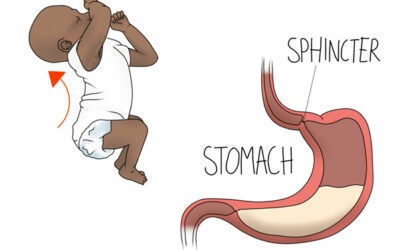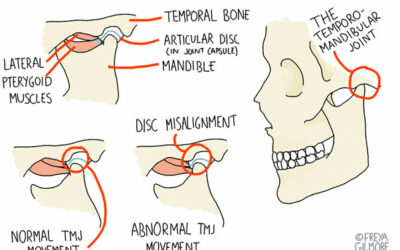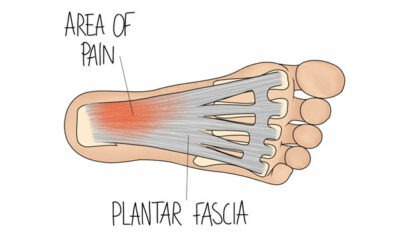 Since it’s Chocolate Week in the UK this week, we’re bound to indulge in a bar (or two) of the brown stuff. And we needn’t feel guilty: cocoa, chocolate’s main ingredient, is an excellent source of iron, magnesium, manganese, phosphorous and zinc, and brings numerous health benefits. Here are our top seven:
Since it’s Chocolate Week in the UK this week, we’re bound to indulge in a bar (or two) of the brown stuff. And we needn’t feel guilty: cocoa, chocolate’s main ingredient, is an excellent source of iron, magnesium, manganese, phosphorous and zinc, and brings numerous health benefits. Here are our top seven:
- Blood pressure lowering: A German study found that eating a square of dark chocolate a day lowers blood pressure and reduces the risk of heart attack and stroke by 39%. This is thanks, in part, to the flavonoids chocolate contains, antioxidant compounds that increase the flexibility of veins and arteries.
- Cholesterol reducing: Cocoa is reported to help lower bad cholesterol and even boost good cholesterol, decreasing our risk of cardiovascular disease.
- Cancer fighting: Studies show that dark chocolate can help lower our risk of lung, prostate and skin cancers. Antioxidant flavonols, polyphenols and proanthocyanidins in cocoa are believed to help slow the growth of cancer cells.
- Brain boosting: Oxford University led a study into the long term effects of chocolate on the brain. Studying the diets of over 2,000 people over the age of 70, they found that those who ate chocolate regularly scored significantly higher on cognitive tests. And in the short term, stimulant substances like caffeine and theobromine in chocolate could help to improve brain function.
- Stress relieving: Swiss researchers found that anxious people who ate an ounce and a half of dark chocolate every day for two weeks saw a reduction in their stress hormone levels. This is perhaps due to the theobromine content which triggers the release of endorphins in the brain.
- Sun protecting: The flavonols in chocolate are thought to help protect against sun-induced damage, improving blood flow to the skin and increasing skin density and hydration.
- And belly filling!: Finally, the darker the chocolate, the more filling it is. Treat yourself to a square or two of dark chocolate to satisfy your chocolate craving without taking in too many calories!
Of course, cocoa is just one ingredient in chocolate, with plenty of sugar, milk and butter thrown into the mix too. The best chocolate has at least 70% cocoa content, so it’s better to savour a square or two of dark chocolate as a treat, and not gorge on bar after bar of the cheap stuff.
As with most things, it’s wise to remember the old mantra ‘Everything in moderation’. As an occasional treat, chocolate can indeed be part of a health diet. Fantastic news for chocolate lovers!



0 Comments